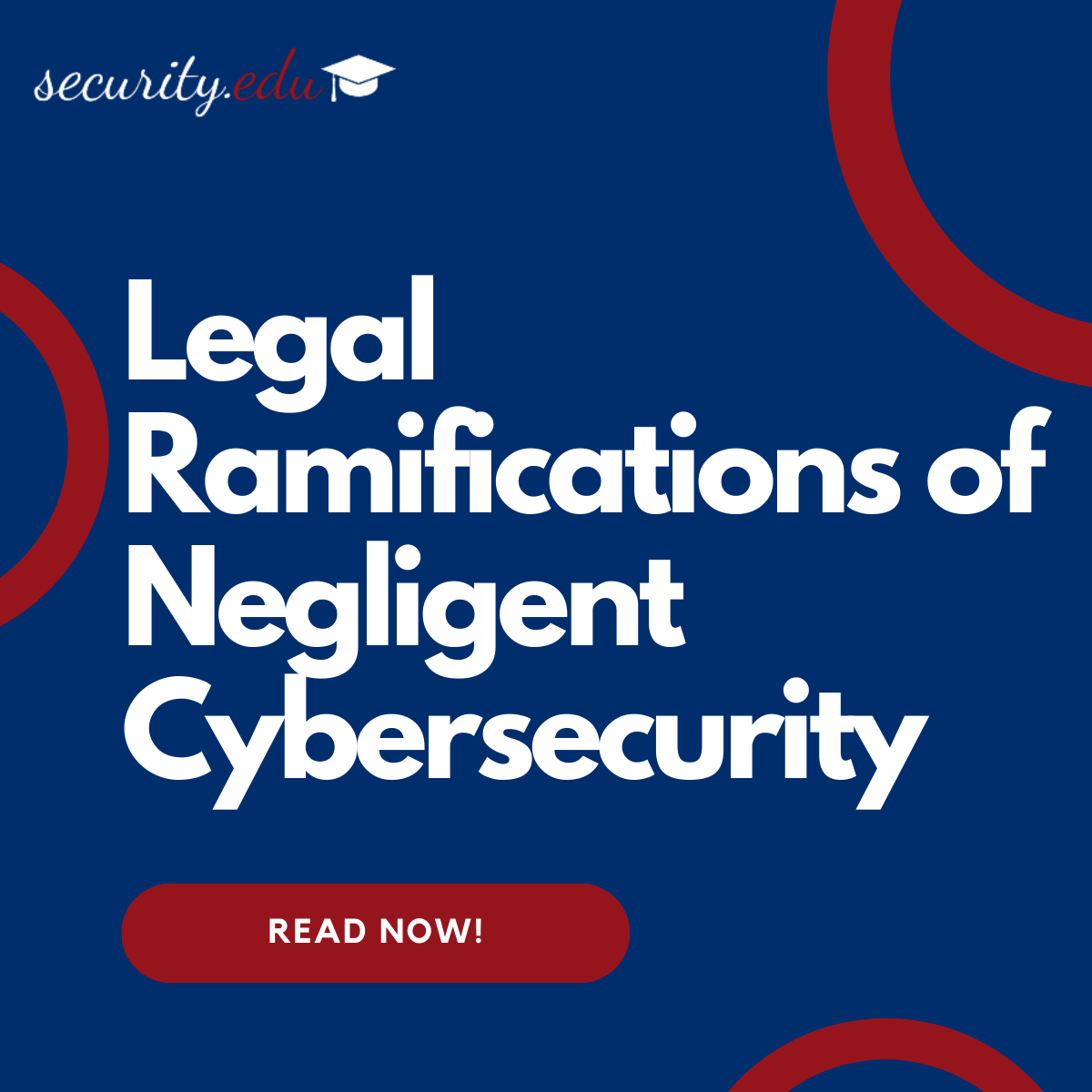In the wake of a cybersecurity breach, educational institutions face not only direct costs and reputational damage but also significant legal consequences. The rise in cyber threats, particularly those involving outgoing link breaches, has seen a corresponding increase in legal scrutiny and regulatory requirements. For schools, colleges, and universities, understanding these legal implications is crucial to navigating the aftermath of a breach and instituting measures to mitigate future risks.
Understanding Legal Liability
The legal landscape surrounding cybersecurity is complex and varies by jurisdiction. However, a common thread across many regions is the increasing onus on institutions to protect sensitive data. This duty extends beyond safeguarding against unauthorized access to personal information; it also encompasses the responsibility to prevent the institution’s digital resources from being used maliciously, such as in the case of compromised outgoing links that could lead to phishing scams or malware distribution.
Failure to meet these obligations can result in:
- Lawsuits from individuals or groups whose data was compromised, seeking compensation for damages.
- Fines and penalties from regulatory bodies for failing to comply with data protection standards.
- Legal costs associated with defending the institution in court, regardless of the lawsuit’s outcome.
Preventive Measures as Legal Defense
A proactive approach to cybersecurity is not only a technical necessity but also a legal strategy. Demonstrating that reasonable measures were taken to prevent breaches can be a vital defense in the event of legal proceedings. This includes:
- Regular risk assessments to identify and address vulnerabilities.
- Implementation of up-to-date security protocols and software.
- Training for staff and students on cybersecurity best practices.
- Incident response plans that outline steps to take in the event of a breach.
The Importance of Compliance
For educational institutions, compliance with data protection regulations is a critical aspect of legal preparedness. This involves staying abreast of laws such as the General Data Protection Regulation (GDPR) in the European Union or the Family Educational Rights and Privacy Act (FERPA) in the United States. Ensuring compliance not only helps in avoiding fines but also signals to stakeholders that the institution is serious about protecting their data.
The Path Forward
Legal ramifications post-breach can extend far beyond the immediate aftermath, affecting an institution’s operations, finances, and reputation for years. The key to minimizing these impacts lies in a robust cybersecurity framework that includes legal compliance, staff training, and an effective incident response strategy. By prioritizing these elements, educational institutions can better shield themselves from the legal fallout of cybersecurity breaches and reinforce their commitment to the safety and trust of their communities.
In conclusion, the legal consequences of negligent cybersecurity pose a significant risk to educational institutions. Addressing these challenges requires a comprehensive approach that combines technical measures, staff education, and adherence to regulatory standards. Through such efforts, institutions can not only mitigate the risks of legal action but also strengthen their overall cybersecurity posture in an increasingly digital world.

